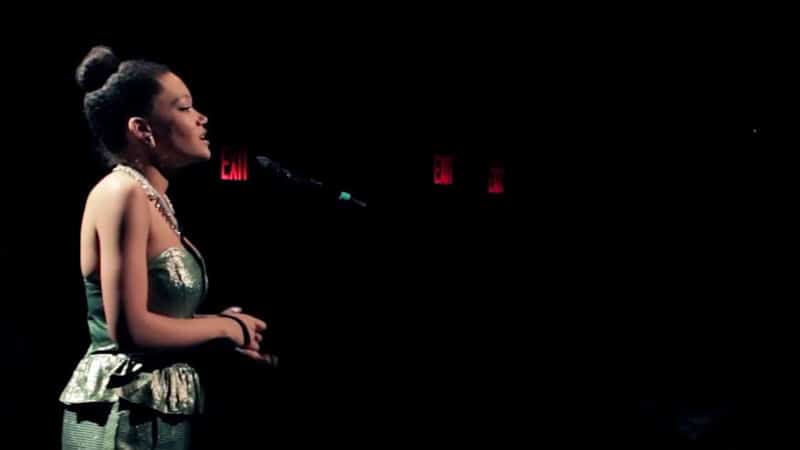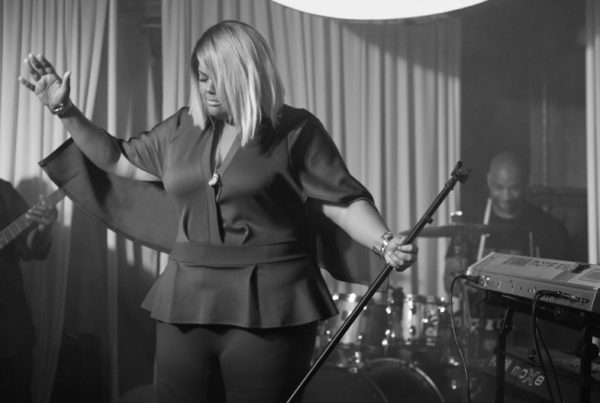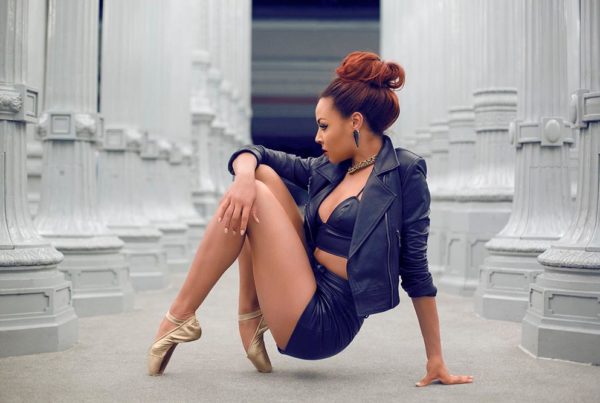Alysia Harris is an American poet, Yale graduate and one of the original members of The Strivers Row, a spoken word collective. Dream Nation caught up with Alysia to find out her inspirations, how life has changed since leaving The Strivers Row, what she does to get over that dreaded writer’s block and how she silenced the haters!
What attracted you to the craft of writing above other things?
I always say ‘writing got into me’. I was not the one that initiated that relationship. I was about ten and as soon as my teacher explained what poetry was I was like ‘I do that’. I had never done that before but in my heart it just resonated as the way I’ve been meaning to and feel most comfortable communicating, so I just started writing poems from then on.
What has been the highlight of your career thus far?
In college, I was part of a spoken word collective called the Excelano Project. Being with them honed my craft and I don’t think I would have been able to make a career out of writing without being part of the project. Touring in South Africa was amazing. Meeting people who are excited for the literary lyric and somebody recognising me in a random club – that was an amazing experience. I’ve done some collaborations with JP Cooper. I feel a strong artistic bond and he is one of the people that makes my work better.
In terms of accolades, I got nominated for a Pushcart award, a prestigious award for small presses. I was accepted into Cave Canem, America’s home for black poetry and I also had an amazing workshop with Douglas Kearney, a Black experimental artist/poet. Tracy K Smith, who won a Pulitzer Prize, also selected one of my poems to be in ‘Best New Poets of 2015’. This year has been a great year in terms of poetry. I feel really blessed.
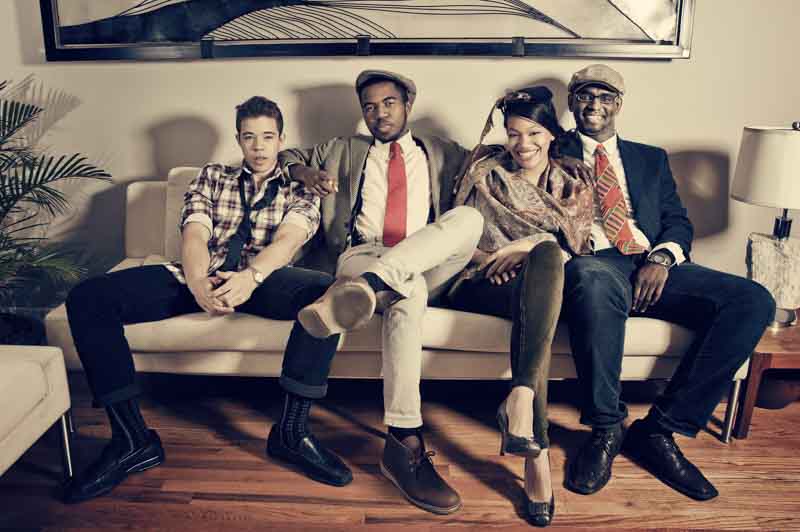
How has your life changed since leaving The Strivers Row (TSR)?
Leaving TSR was a hard decision for me because they are family and if it’s not them, I’m not that interested in performing with other people. It was hard to say no but it’s important that everything you do, you do because you 100% believe in it and not because you are afraid. The only thing stopping me leaving TSR was a fear of ‘what if I leave and never get booked to do a show again? What if they all go on to do great things and I don’t end up doing anything with my poetry?’ I felt very clearly that God was like ‘if you’re afraid then you have to do it’. My only goal was ‘get a running website and release one new piece of content, set up an email address and answer enquiries’. Sure enough I got some gigs, the largest corporate sponsorships I’ve ever gotten. That’s awesome.
What is your favourite aspect of your work?
I love metaphors. Queen GodIs said a “metaphor is just the universe’s way of reminding us we are all one”. A metaphor is a radical act of imagination but also a radical act of compassion because you are imagining something to be like something it isn’t. Metaphors are a brilliant way to look at human life- how can I, as a black woman, form a metaphor with a southern white supremacist? I’m fascinated by that.
What is your least favourite aspect of your work?
Being a professional artist is not just about creating art. It’s about managing yourself, your image, your brand, how you interact with fans, how, when and what content you present. I hate that, I just want to be able to write poems. Another thing that I hate is presenting a poem and getting the wave of ‘I love your work but I don’t get it’. I’m comfortable admitting that I’ve failed if somebody doesn’t understand but people think there’s an argument they have to get. I don’t like having to undo the terrible high school training of ‘the point of the poem is to be abstract and esoteric and here’s what this poem means’.
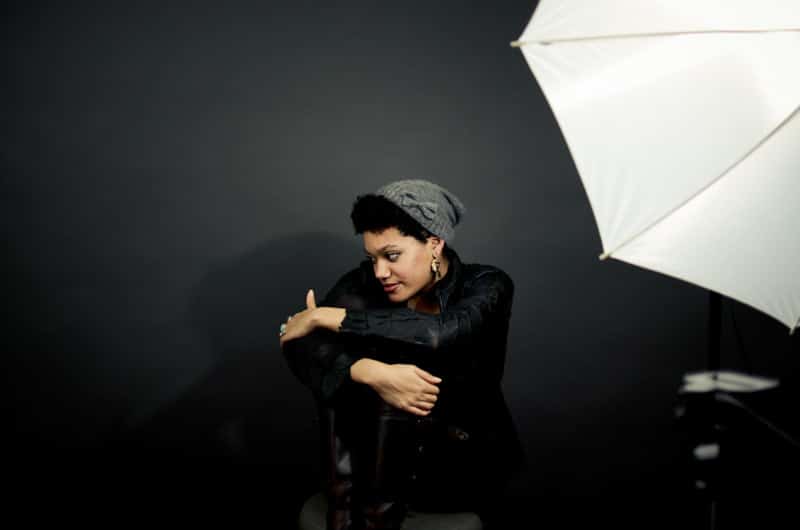
How do you get over writer’s block?
Somebody told me this: poetry is not a product, it’s a process. You write the poem to investigate a particular set of ideas. You don’t tell the poem what the poem is, the poem tells you what it is and you become masterful at shaping and shaving away things that aren’t the poem. I don’t call it writer’s block, I call it writers’ anxiety. Every time you sit down to write you’re like ‘is this gonna be any good? Is this gonna be better than what I wrote the last time?’ Because you’re anxious, you’re blocking all the possible signals and creative impulses. When you start thinking of poetry as a process, you’re not invested in where you arrive, you’re invested in how you’re getting there and you’re much freer to experiment, try new things, fail at new things. If you’re writing poems that seem easy, you’re not challenging yourself to write to the point where you cannot actually say what you want to say because you don’t yet have the skill to do it. It’s like the expression ‘rep to failure’– you do repetitions until your muscles cannot do anymore and they give out. That’s like ‘write to failure’– you write until you can’t. That’s how you become better.
When it feels like your dreams won’t materialise, what keeps you going?
Every person has a unique calling on their life and the only real cause of failure is when you don’t pursue your calling. It’s not about how successful you are, it’s about whether or not you do the thing you were designed to do. Even when you’re struggling, you know you’re not struggling for a vain purpose or so somebody could measure your life in wages, you’re struggling because at the end of it, if you get nothing from it, you got life from it. I never feel like ‘why am I doing this, this has no purpose’. I think this causes people to grow weary, when they feel like ‘I’m putting all this energy into something and there’s no return on it’. Money is not a return, it’s a way to make you continue doing something you don’t like and mask its effects.
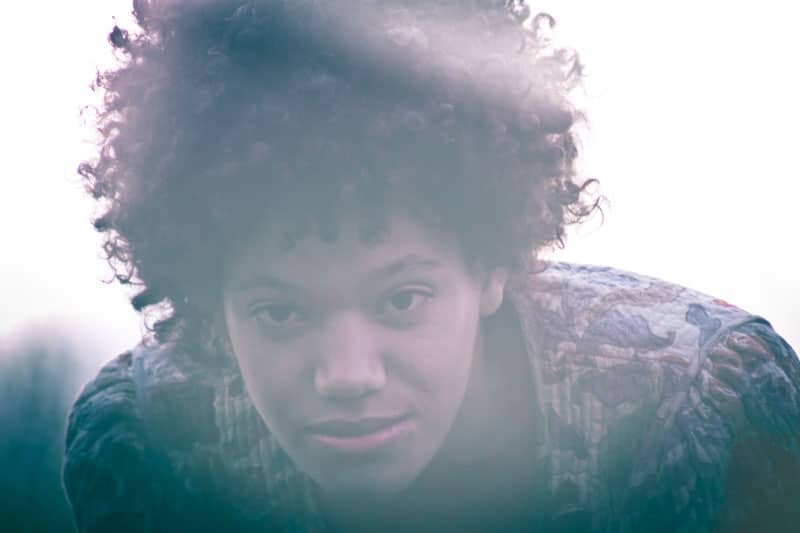
What is the most valuable lesson you’ve learnt about yourself and others whilst pursuing your dream?
One of, if not the most, valuable lessons I’ve learned in life has been the art of transparency. I’ve been called a slut, a whore and a heretic because I’m a Christian woman who speaks about sexuality. It doesn’t affect me because you can’t call me anything I haven’t already called myself. You can’t expose something about me I haven’t already voluntarily exposed about myself so I have no fear or shame. One thing that separates people from each other is shame, which grows out of and is fed by fear. They say there are only two basic human desires- the desire to be known and the desire to be loved. If I can’t know you, then I can’t love you. If I love you, then my goal is to know you more deeply. I feel like transparency is key to that.
What obstacles have you had to overcome to get where you are now?
The haters! The haters that get into your ear before you even know what your purpose or calling is. When I was in 8th grade, they wrote in our yearbooks fortunes for when we’re in our twenties and kids were like ‘Alysia at 25: finds out poetry doesn’t pay the bills’. People saying ‘Poetry will never get you money. What is your real job? What is your real plan?’ Motherfuckers, this is my real plan. It’s important to tune out the people who tell you you’ll never amount to anything and being like, ‘I don’t hear you, I am going to continue in what I was called to do’. I was fortunate to have people in my life who believed in me. When people said ‘you’ll never do that professionally’, I was like ‘well these people like my work, I believe in it and I’m gonna listen to what they have to say instead of what you have to say’. At 19, poetry started paying my bills. By 25, I had performed my poems internationally. I was doubling my income as a graduate student with poetry so I wanna say to those people ‘don’t ever tell me that my purpose isn’t worth pursuing because you don’t know what your purpose is’.
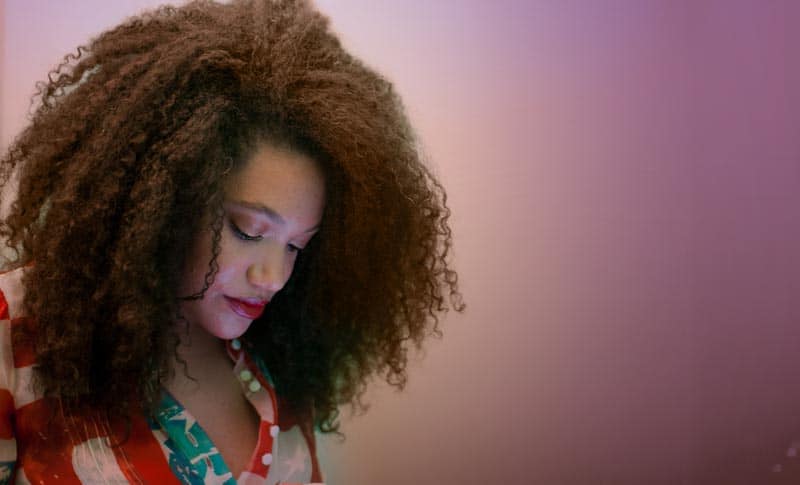
What fears do you have or have you had in your journey to see your dreams materialise?
I have many fears and that’s the thing- courage is not being unafraid, it is moving while afraid. I am afraid that I will never be as respected as a page poet as I am as a spoken word artist. I’m afraid that I will never be able to transcend being a poet into being a public speaker. I have ideas that I don’t feel like poetry is the best way through which to convey them. I have a fear that one day I won’t make enough money as a poet to sustain my life and I’ll have to get a terrible 9-5 that is soul crushing and I hate. I fear that I will never finish my dissertation. I wanna design an artist colony programme where artists and thinkers of all kinds can come to my house, a beautiful plantation room in the south, and we’ll just create work. What if I can’t afford the house? What if I don’t know how to deal with the property?
What practical advice would you give to aspiring poets?
Read a lot of poetry. I say that because I didn’t. A lot of emerging spoken word artists don’t read a lot of poetry. They might watch a lot of poetry but they don’t read a lot, and it’s a different experience. Also, stop thinking of your craft as inspiration, like ‘I’m not inspired so I can’t write’. Bullshit. If you talk to an NBA player, the player doesn’t say ‘I wasn’t inspired today, so I didn’t go to the gym and practice a free throw’. You go to the gym and practice a free throw everyday because that’s what it means to be an NBA player, so go to your craft consistently. Even in moments where you don’t think you have anything to say, sit down and write. Very rarely can my audience tell me what is wrong with my poem; my peers can. Get with a group of writers who are interested, not in being famous, but in becoming better writers. Those people will be invaluable to you.




